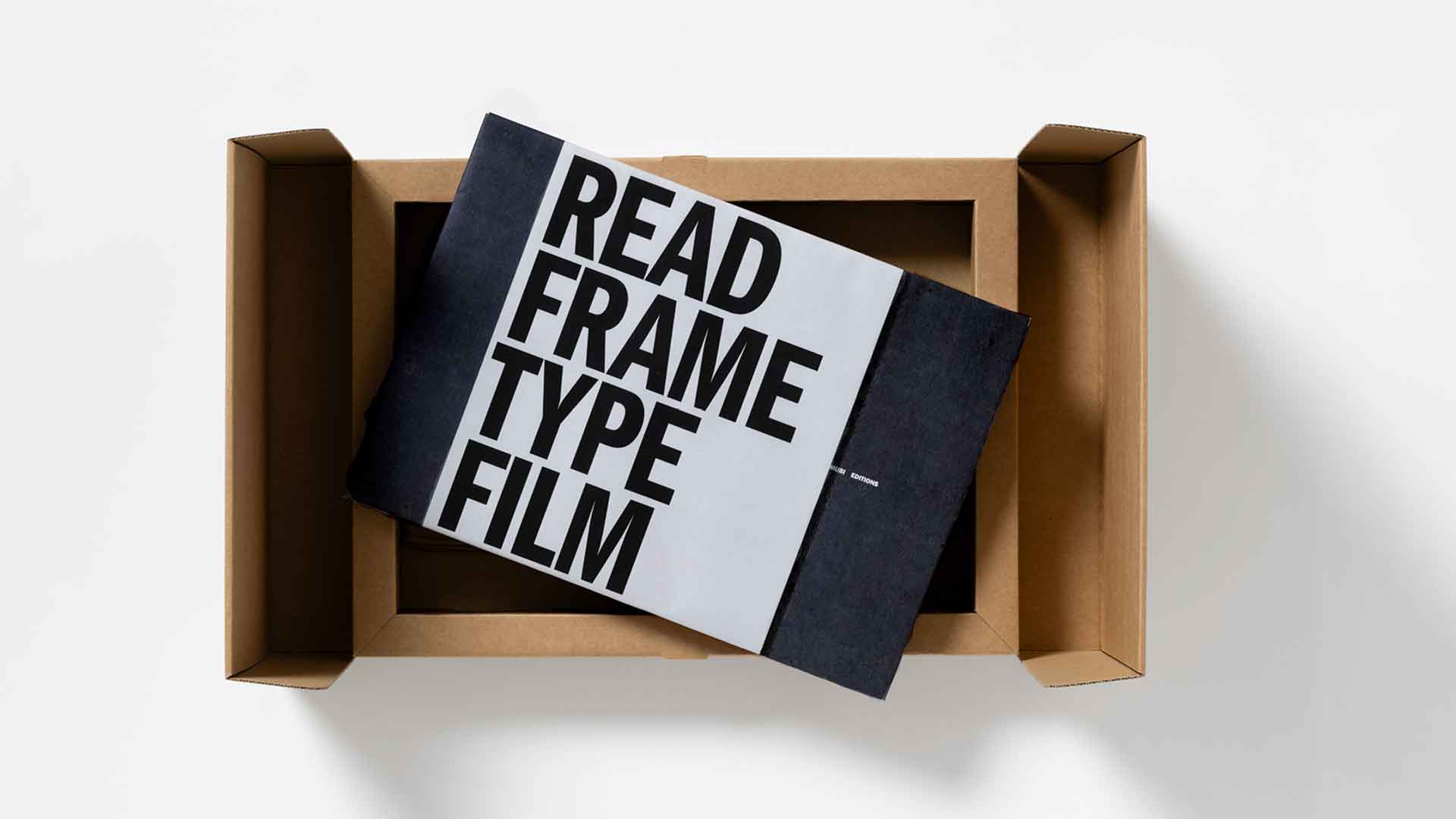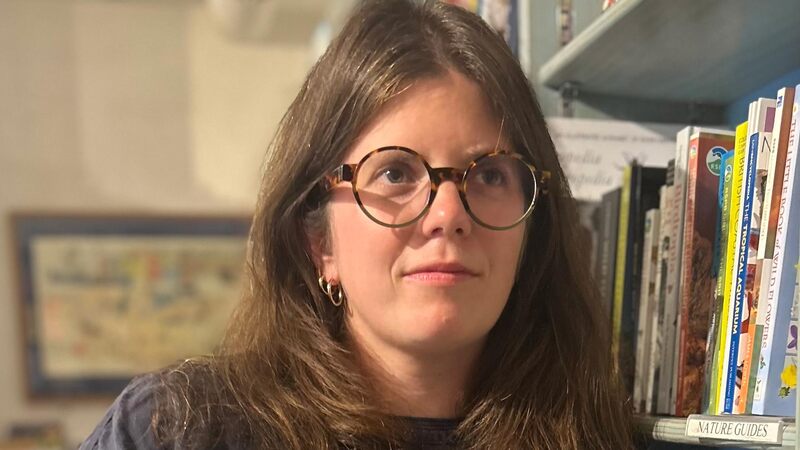You are viewing your 1 free article this month. Login to read more articles.
Is this the end of the expert?
The pressure on both individuals and businesses to become multi-hyphenates is intense.
Would you rather be excellent at one thing, or good at two? If your answer was "good at two"—have you considered a job in the creative sector?
Film streaming and production company Mubi recently announced the launch of its publishing arm, Mubi Editions (ME): an imprint that will be, in Mubi’s words, "dedicated to cinema and the arts". Mubi is not the only video platform looking to swell its focus. Back in November, ByteDance—the company behind social media app TikTok—revealed that, in addition to the selection of e-books currently available, its imprint 8th Note Press also plans to publish print titles, with a focus on genres popular with millennial and Gen Z readers. Both announcements made me wonder: do the creative industries still value expertise?
When applying for jobs in the creative sector, we are frequently told that it is no longer enough to be a writer, a photographer or a marketeer. In order to be of any real hireable value, we should be a writer, a photographer and a marketeer—all three. We are encouraged to be “agile” and “flexible”; to have knowledge of all social media platforms, all content management systems and all desktop publishing applications. While the jack-of-all-trades enjoys his moment, the expert has become a billy-no-mates by comparison.
We only need look to the “content creator/assistant/producer” title for further evidence that it is the all-rounders who are currently in demand. What kind of “content”? Well, all content, of course! The common “creator” can be observed filming vlogs, editing reels, taking photos, setting up for long-form videos, setting up for short-form videos, designing YouTube thumbnails, writing Substack newsletters, or the next chapter of their StudyTube guide.
These multi-skilled individuals represent, I think, what the creative sector wants the most from its members. In turn, said sector seems to have forgotten how to value and reserve space for experts and specialist skillsets. Mubi and ByteDance’s dipping of toes into publishing is symptomatic of this change in climate. Rather than focusing their energy on a bedrock medium, they have instead opted to spend it keeping pace with current demands.
Whether or not we give Mubi and ByteDance props for their elasticity is another question. Is it always “good business” for a brand to adapt when faced with a change in the market? Or, by stepping onto the publishing, do both companies, in fact, risk over-stepping?
To resist the ’promise’ of expansion seems, to me, the bravest thing a company can do in 2025
It is certainly a dicey move. Too many ingredients can ruin a recipe, and by spreading themselves thinner, Mubi—and all creatives—chance putting out two mediocre products, in place of an excellent single product. We might also consider the possibility that this is not really a case of change spurred on by industry pressure, but simply a moment of greed. ByteDance and Mubi have polished off their main courses, and now they’re eyeing up the plates of those sitting next to them.
On the other hand, this is smart business. I might not like it, but Mubi and ByteDance have every right to crack into publishing. For ByteDance, in particular, it is a natural step: as of May 2024, TikTok’s #BookTok tag had more than 243 billion views, according to Retail Gazette. There is also a direct link between the books featured on TikTok and a hike in the number of copies being sold. So, ByteDance’s decision to work backwards —identifying what consumers are into, and then selling it back to them—is a clever one. Mubi, too, is not a total stranger to publishing. In 2021, the company’s online publication, Notebook, became a bi-annual print magazine. Maybe it’s not arrogant, then. And even if it is greedy—why have one main when you can taste two?
Whether it’s financially savvy or not, it makes me a little sad. I love experts; there is nothing more exciting than talking to someone who really knows their stuff. I felt this way at university—listening to lecturers dissect the work of writers with a feverishly infectious intensity—and have continued to feel so in my professional life. Watching a reporter use her carefully nurtured skillset to chase down a story, an editor to commission a feature or a designer to lay out a page, is a special thing. When I see Mubi, a company I have long admired, risking the potential dilution of its brand by adding books into the mix, I find it disheartening. I would rather continue to celebrate Mubi, or any other “expert”, for what it already does so well than see it muddy the water with efforts to grow into a different sector.
To resist the "promise" of expansion seems, to me, the bravest thing a company can do in 2025. To think: "We could explore publishing, but we won’t. We want to keep investing in our own expertise. To put roots down, rather than putting additional, energy-zapping shoots out."
Make movies, or make books. But don’t make both. Leave it to the experts.

















